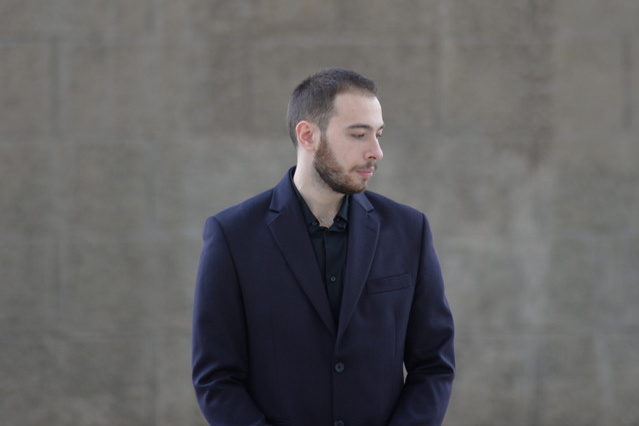A second complete sonata by Frenchwoman Hélène de Montgeroult sheds new light on a work that begs to be played more.
Hélène de Montgeroult (1764-1836) – de Nervo, her maiden name – is one of the composers whose name has emerged in recent years thanks to the current movement to promote artists from historically marginalized groups. Not that this countess has been forgotten: she remained in the annals for having been saved from the Terror thanks to her talent, already notorious at the time, which earned her employment from the opening of the Conservatoire with, a rare event, salary equal to that of his male colleagues. She also held one of the most important music fairs of her time.
A pupil of Clementi and Dussek for the piano, and of the legendary Antoine Reicha for writing, de Montgeroult acquired a profession (piano writing, harmony, counterpoint, etc.) that had nothing to envy to many composers of the time. His piano scores, in particular his famous collection of studies, praised by Antoine-François Marmontel, future teacher of Bizet and Debussy, show an intimate knowledge of the keyboard.
In two, three or four movements, his sonatas, often quite demanding in execution, synthesize the musical 18th century (Bach, Handel, Mozart, etc.), while bearing witness to a certain pre-romanticism. We certainly do not reach the grandeur of the sonatas of Mozart or Haydn, but the themes are always well cut, the formal treatment assured and the climates skilfully evocative, all enveloped in a remarkable sense of song.
His nine sonatas, in three groups of three, were published between 1795 and 1807 and are no less interesting than those of Clementi which, for their part, have already been the subject of numerous discs. The first complete recording of Montgeroult’s sonatas was made in 2021 by Frenchman Nicolas Horvath on a modern Steinway, in a not necessarily thrilling performance. That, in three discs, by the Roman Simone El Oufir Pierini, which is currently published by Brilliant Classics, is advantageously distinguished by a superior musicality (despite an occasional affectation), but above all the use of a period pianoforte.
Note: Arion will present two works by Montgeroult, including a piano concerto played by Élisabeth Pion, during its concerts from October 6 to 8 at Bourgie Hall.















